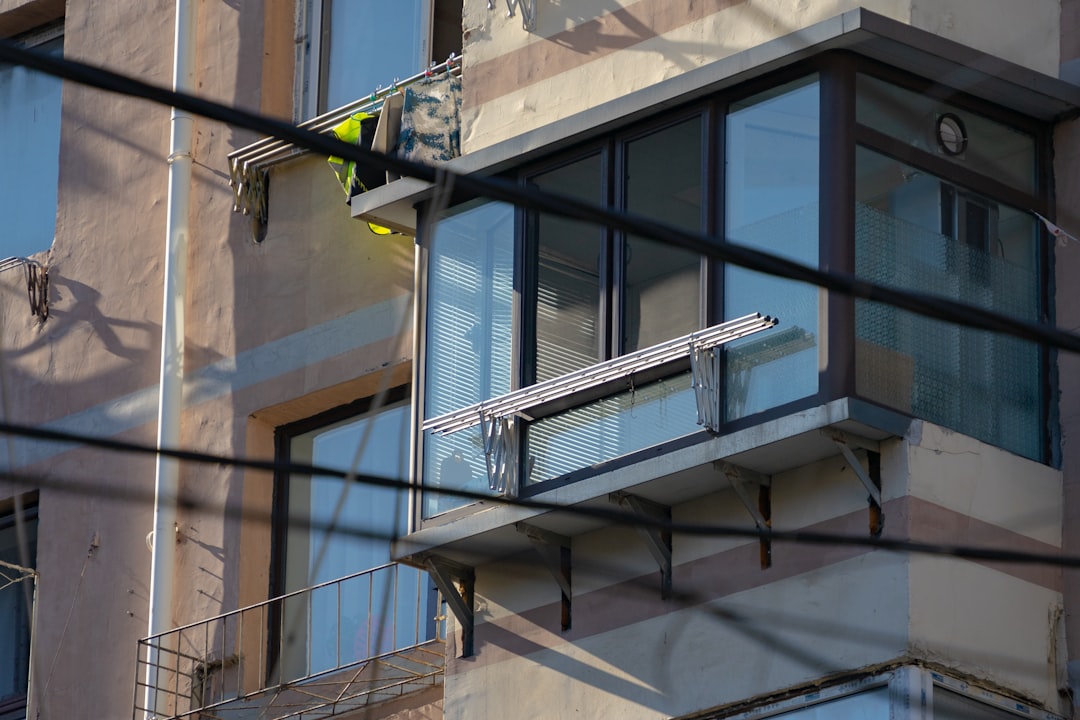Sliding Glass Door Replacement Cost Guide for Professionals
Price source: Costs shown are derived from our proprietary U.S. construction cost database (updated continuously from contractor/bid/pricing inputs and normalization rules).
Eva Steinmetzer-Shaw
Head of Marketing
Understanding Sliding Glass Door Replacement Costs for Contractors
Replacing a sliding glass door is a strategic move to enhance a property's value and energy efficiency. For construction professionals, understanding the cost dynamics is crucial. Current estimates for sliding glass door replacements range from $700–$3,500, depending on materials and labor. This guide provides a detailed breakdown to help you plan and execute projects efficiently.
Key Factors Influencing Sliding Glass Door Costs
- Energy efficiency improvements with modern doors
- Enhanced curb appeal with updated designs
- Compliance with insurance and market standards
- Impact on resale value with contemporary installations
Professionals must consider these factors when advising clients or planning projects. Accurate cost estimation tools can prevent budget overruns and ensure client satisfaction.
Cost Breakdown: Materials, Labor & Hidden Factors
1. Door Product Options
- Vinyl two-panel: budget-friendly, moderate insulation
- Fiberglass composite: mid-range, superior rigidity
- Aluminum clad wood: premium look, excellent U-values
- Multi-panel stacking systems: luxury price, expansive openings
2. Labor and Installation Variables
- Removing old units embedded in stucco or masonry adds hours
- Enlarging openings may require structural engineering
- Upgrading flashing and pan membranes protects warranties
- Finish carpentry—trim, casing, paint—completes the look
3. Site Conditions and Prep Work
- Second-story installations may require scaffolding or lifts
- Proximity to electrical or plumbing lines adds complexity
- Permit fees vary by location and must be included upfront
Average Price Ranges in Construction Projects
Based on industry data, typical investments include:
- $700–$1,700 for basic 6' vinyl replacements with standard labor
- $1,600–$3,600 for composite or aluminum clad two-panel units
- $2,500–$6,500 for multi-panel or oversized panoramic doors
Material availability, labor demand, and fuel surcharges can affect costs. Stay updated with real-time data for accurate estimates.
How to Calculate Sliding Door Investments
Construction professionals can streamline estimates with a structured approach:
Step-by-Step Estimation Process
- Define the scope: Specify size, frame type, glass spec, and finishes.
- Use AI tools: Cross-reference data with blueprints or site scans.
- Access real-time pricing: Pull live costs from suppliers and labor indexes.
- Generate documentation: Create proposals, material lists, and schedules.
Cost-Saving Strategies Without Compromising Quality
- Compare frame materials; composite often matches aluminum performance at lower cost
- Re-use existing trim where possible and allocate savings to upgraded glazing
- Schedule installation during off-peak seasons when labor rates dip
- Bundle multiple exterior openings—doors and windows—to unlock volume discounts
Frequently Asked Questions
Do sliding glass door replacements require permits?
Yes, in most areas. Ensure permits are accounted for in estimates.
How long does installation take?
Typically one day, but structural changes can extend timelines.
Can clients supply their own doors?
Yes, adjust labor estimates accordingly.
Ready to Optimize Your Project Costs?
Utilize professional tools and strategies to ensure accurate, competitive bids. Visit CountBricks.com for more resources.
Case Study: Efficient Project Completion
A recent project in Austin required a 12' multi-panel sliding system. Traditional bids ranged from $1,000–$4,200. Here's how a streamlined approach reduced costs and time:
- Initial consultation identified design goals and recommended an aluminum clad unit.
- Real-time pricing allowed selection of a mid-range option at $2,629.
- A detailed quote was generated: $300–$600 labor, $100–$250 permit, $100–$200 disposal, total $1,550–$6,250.
- Materials arrived the next day, and installation was completed efficiently.
Pro Tips for Accelerating Projects
- Use clear photos for accurate pre-selection of materials
- Approve proposals early to qualify for expedited shipping
- Schedule inspections and payments simultaneously to reduce delays
Expanding Beyond Doors
Explore comprehensive solutions for windows, decks, roofing, and more. Visit CountBricks.com for a full range of services.

